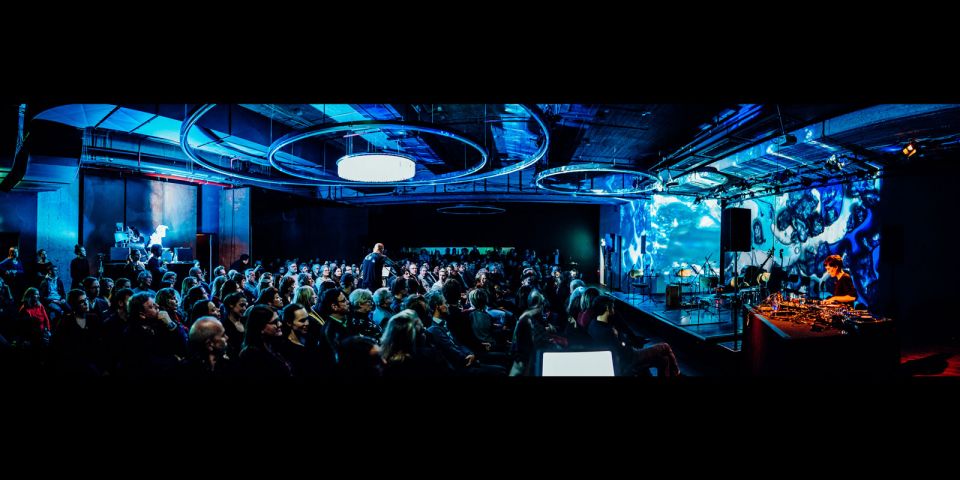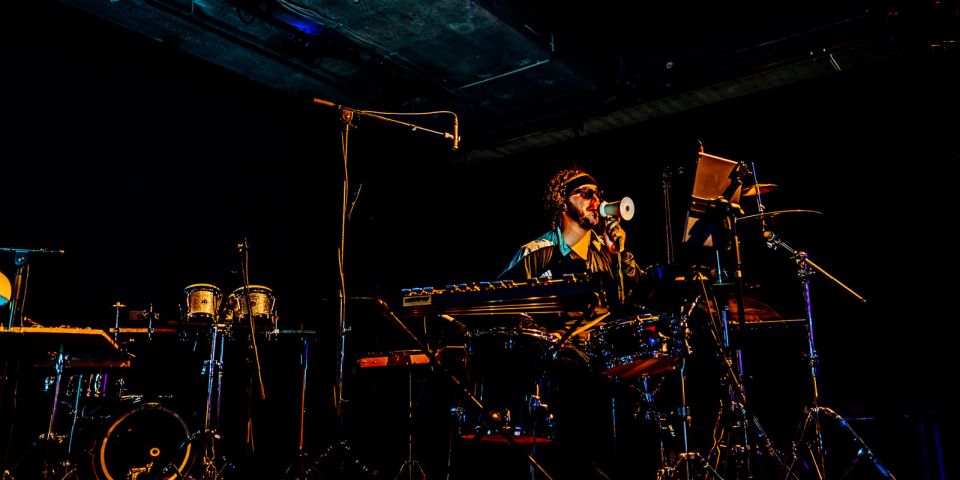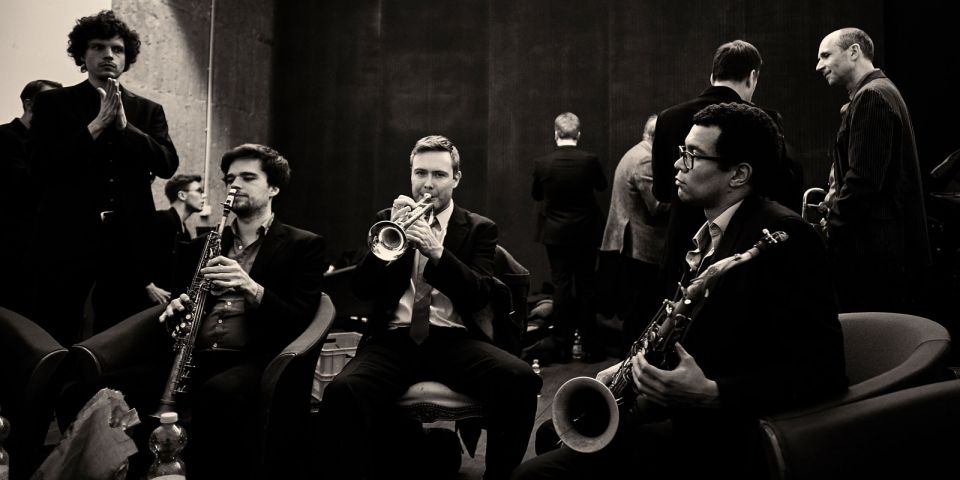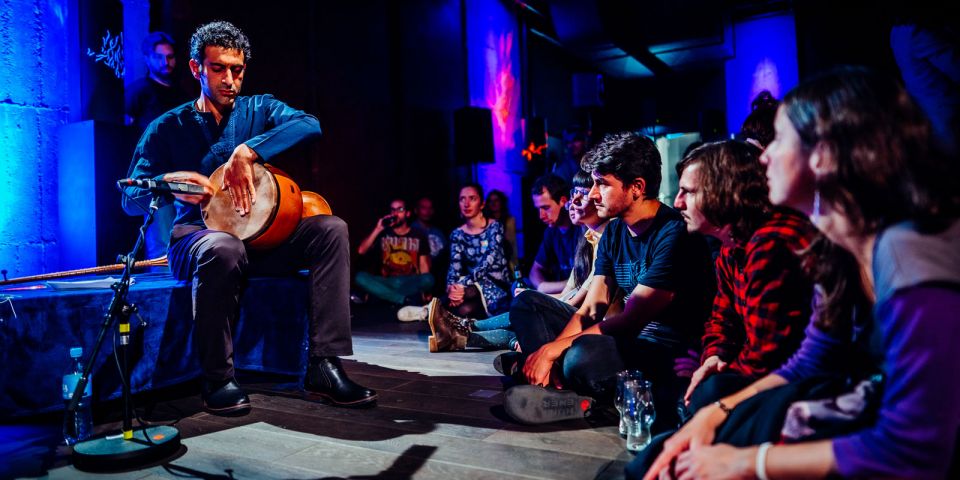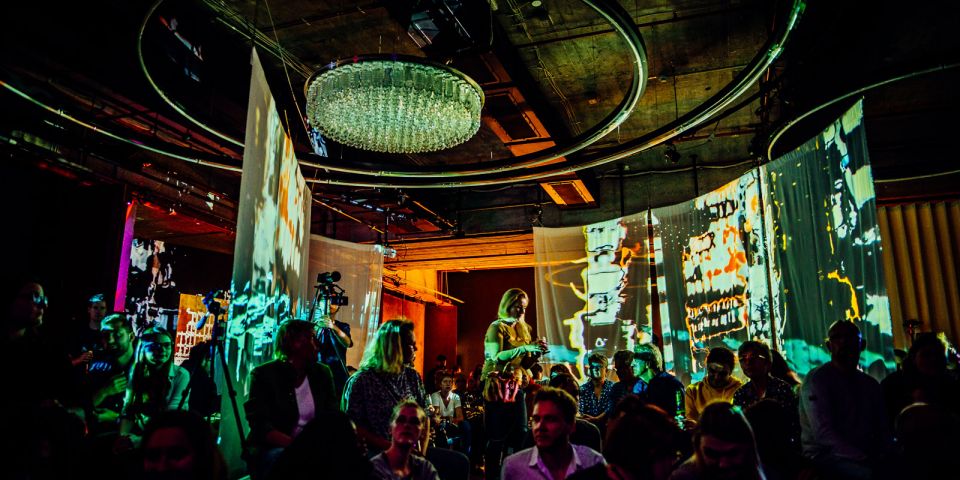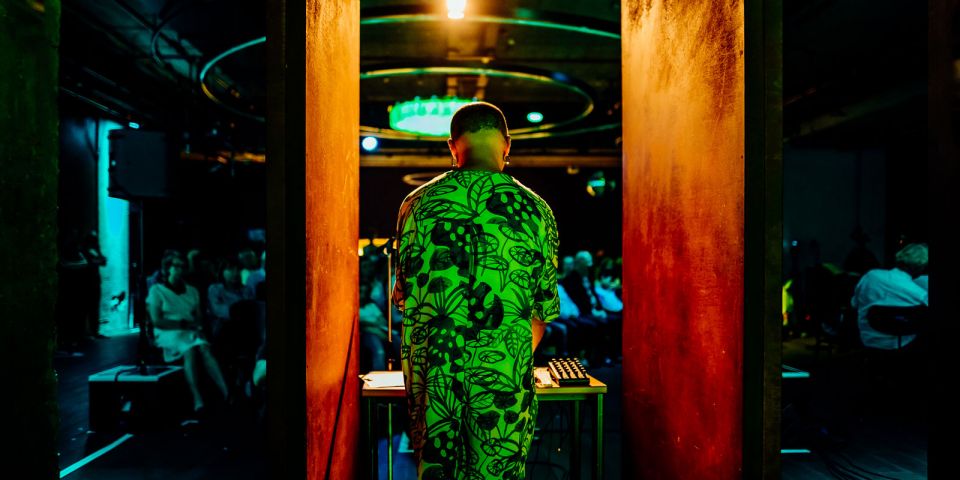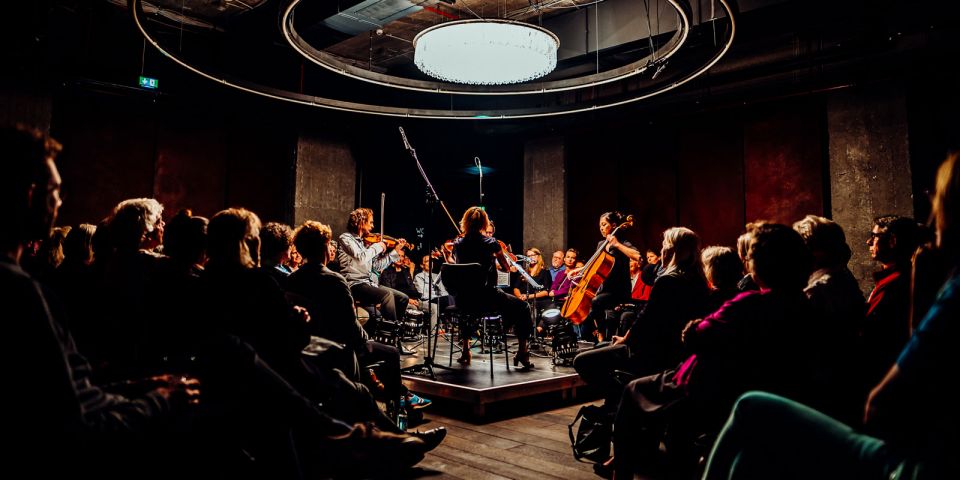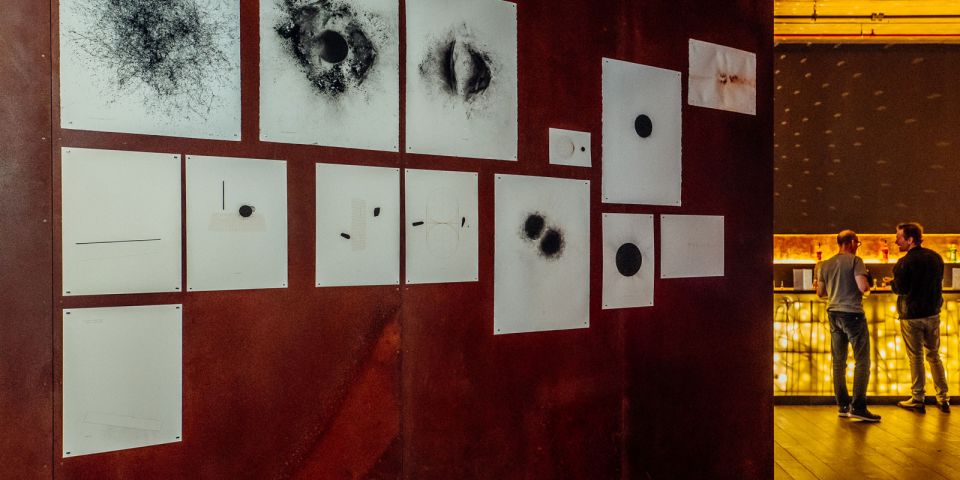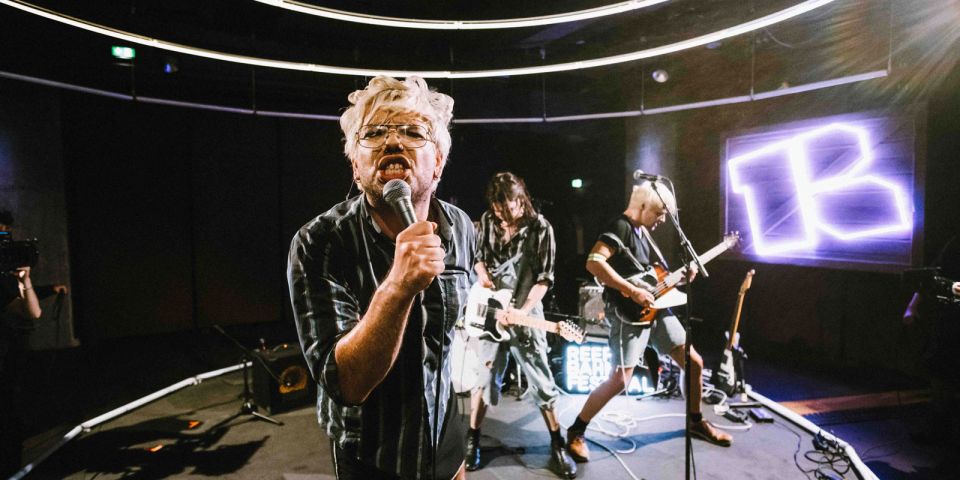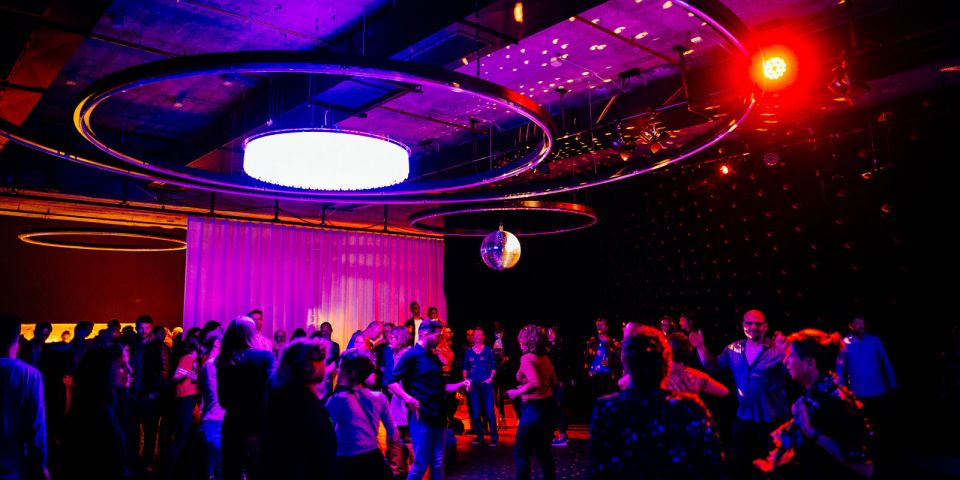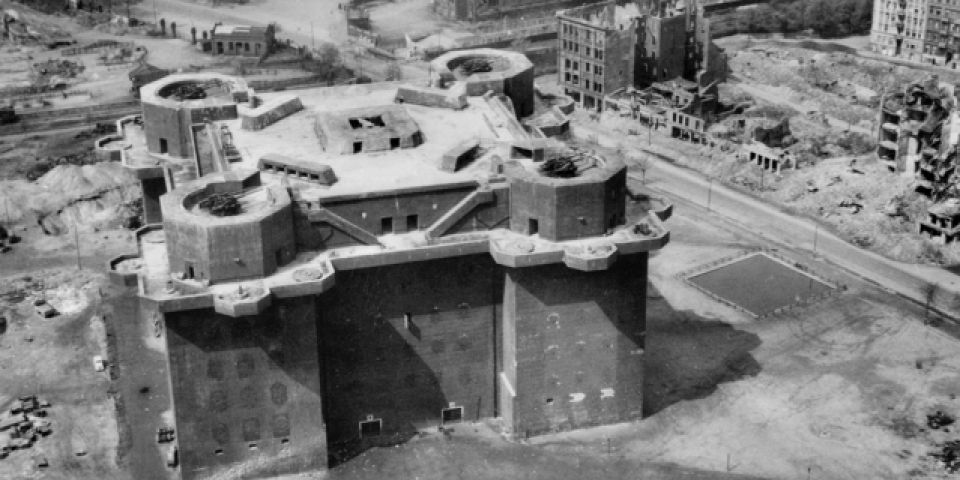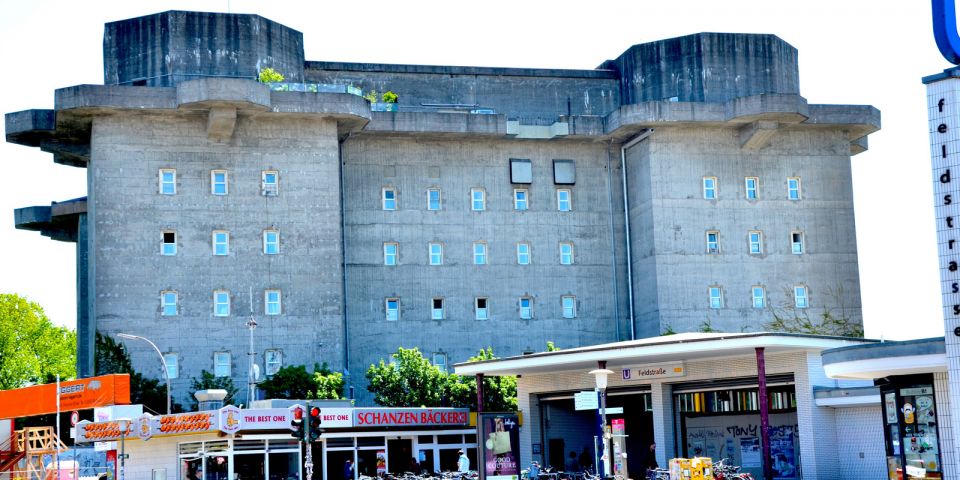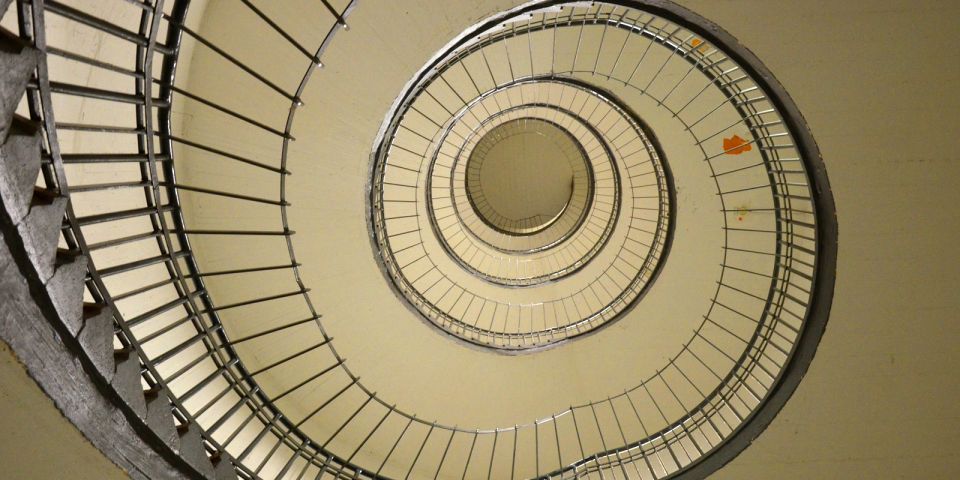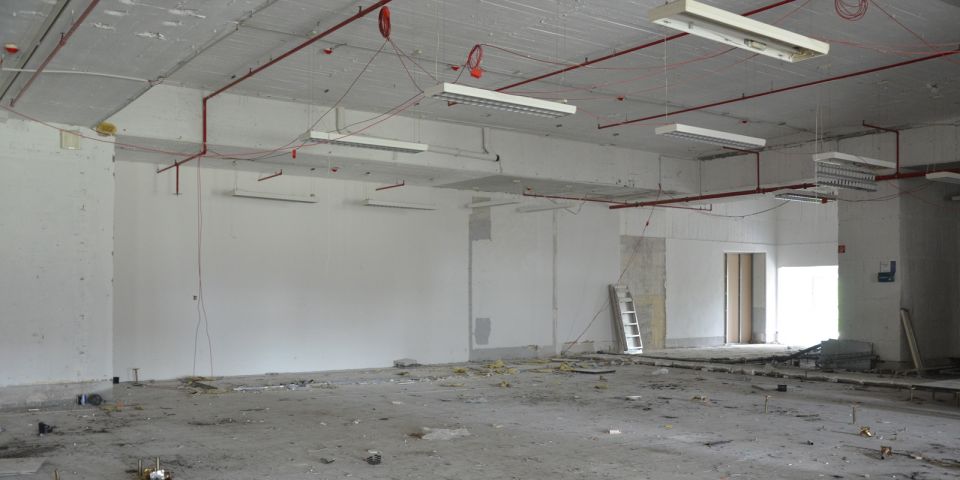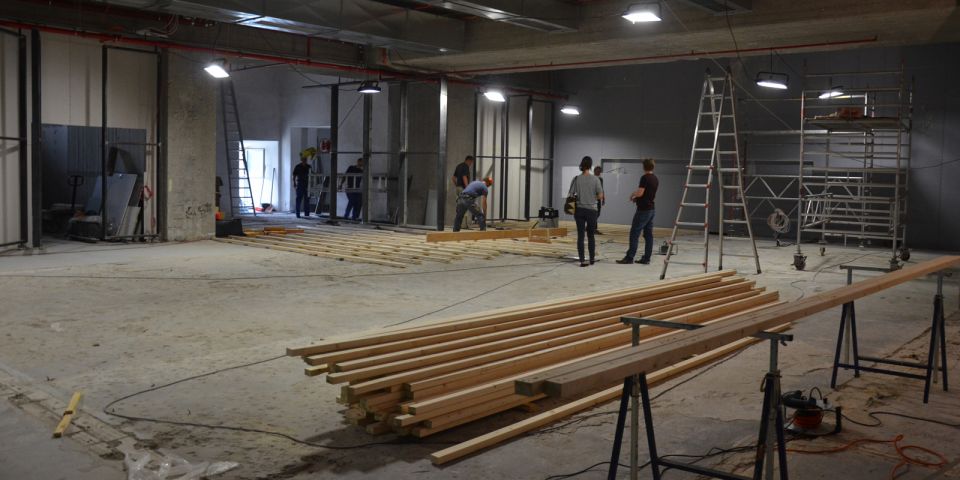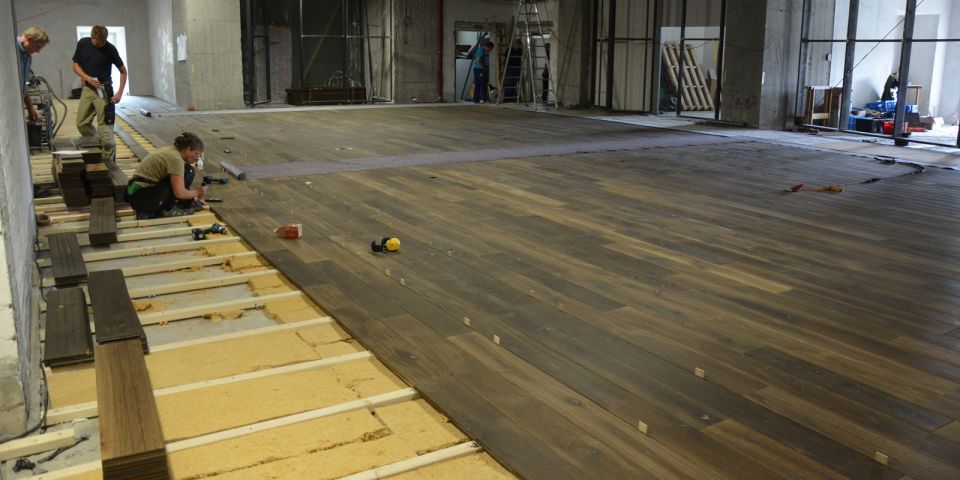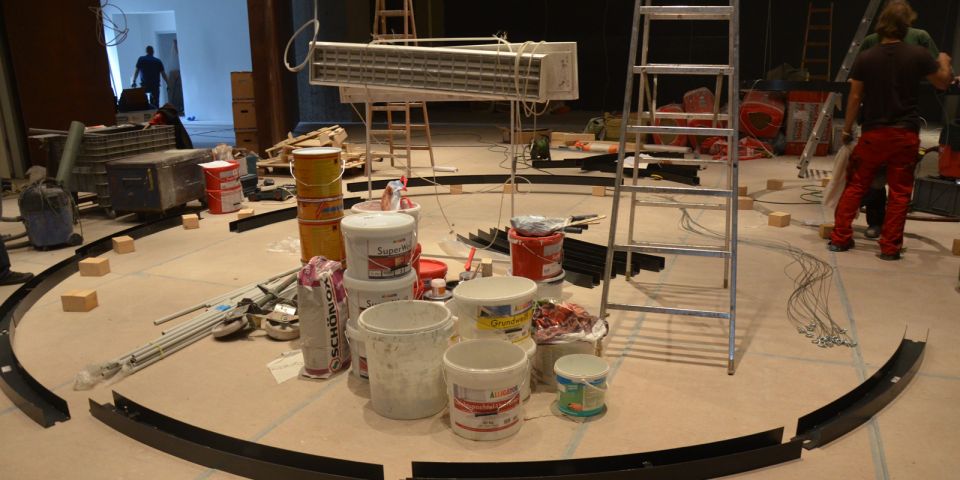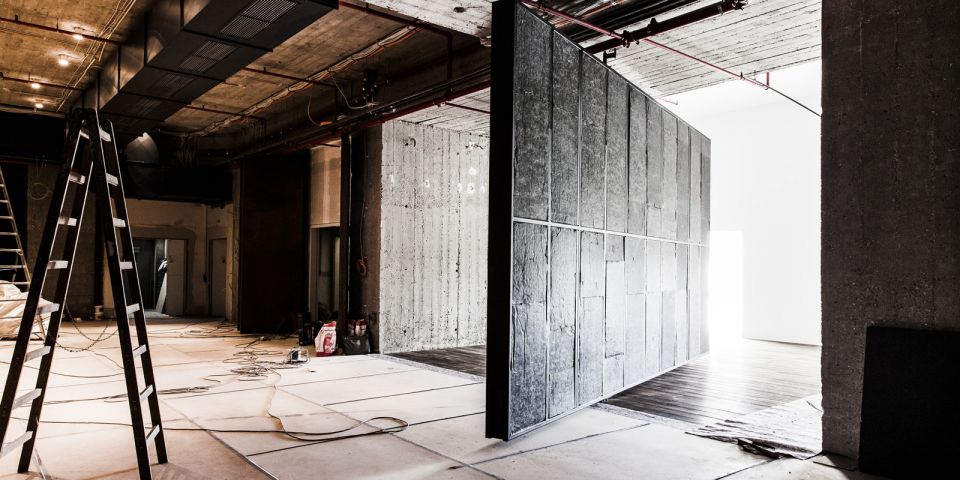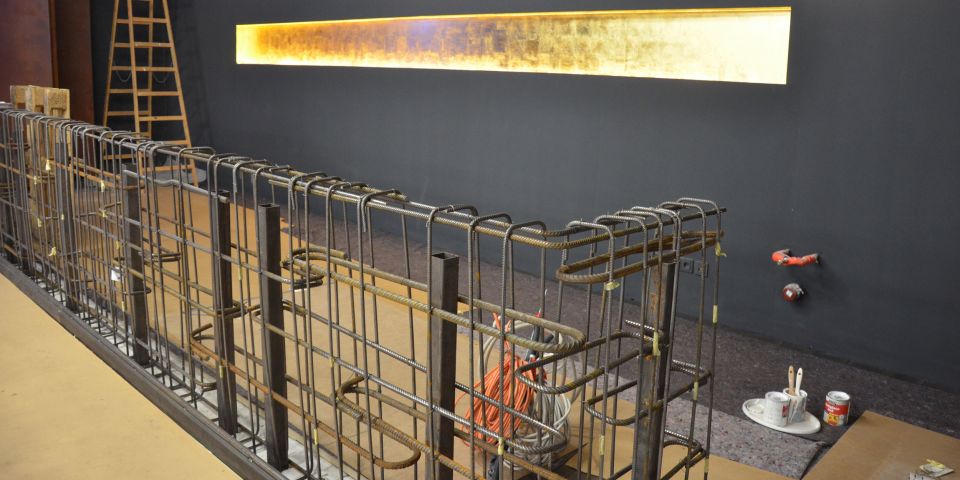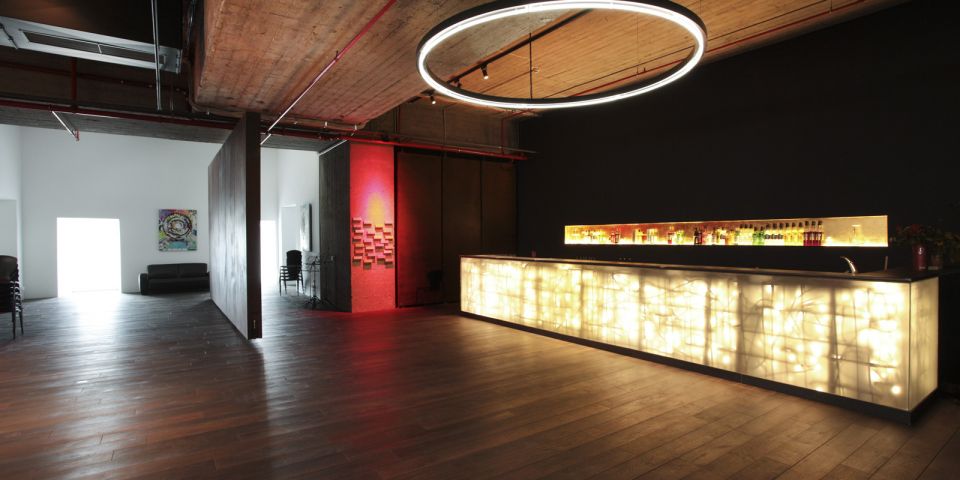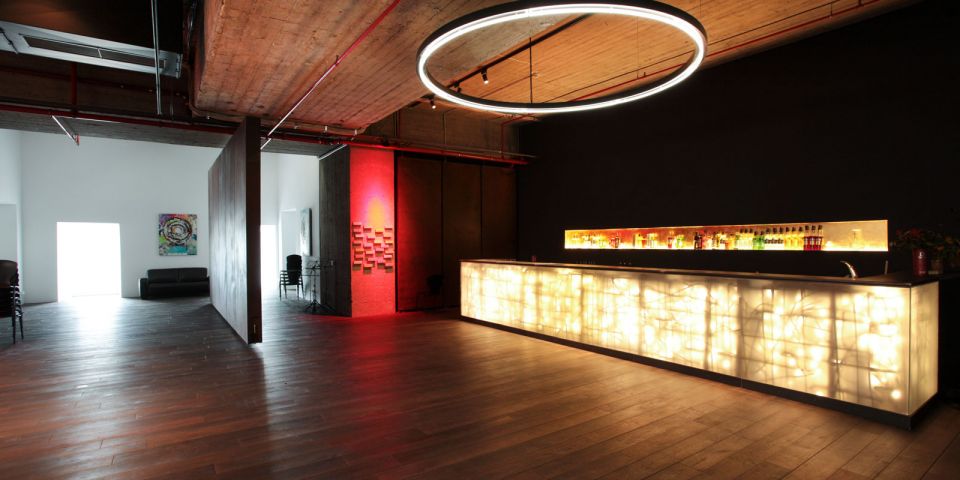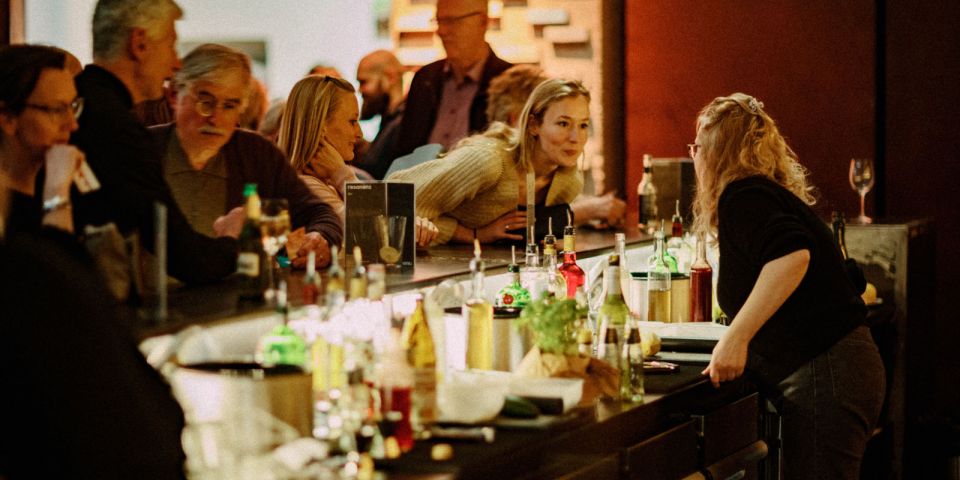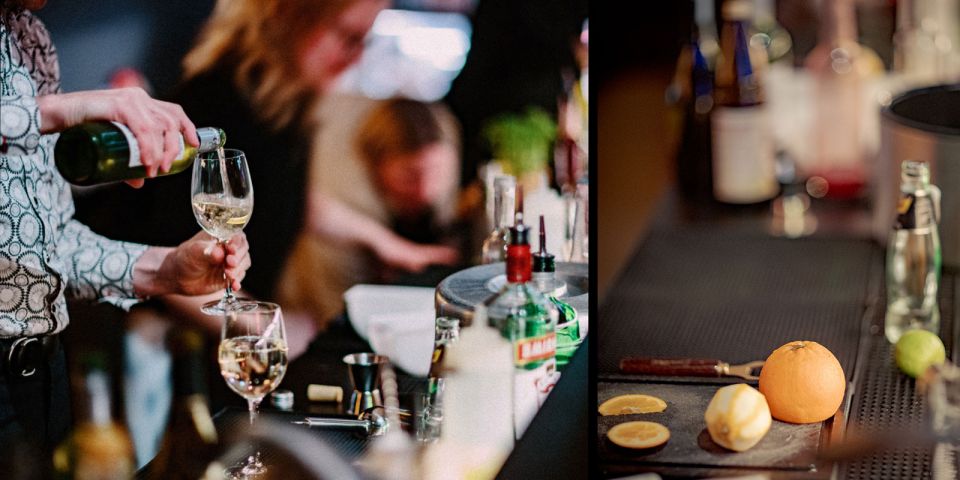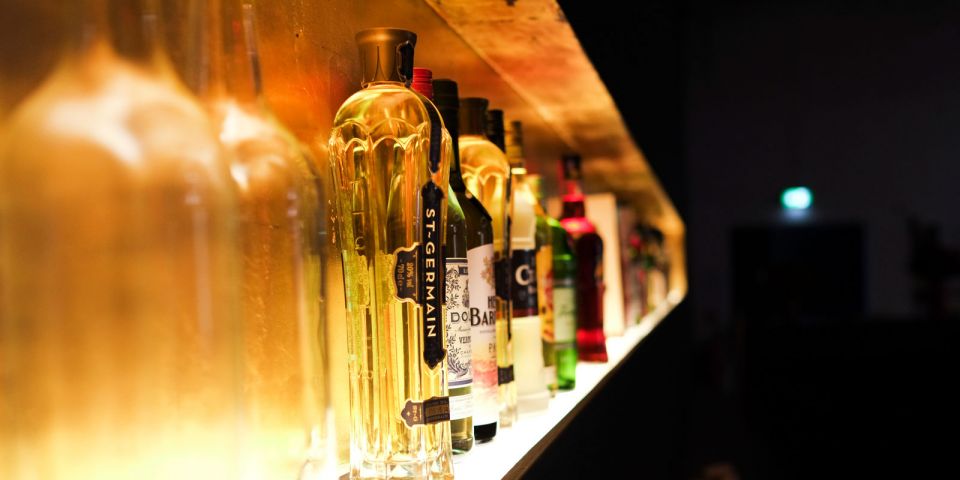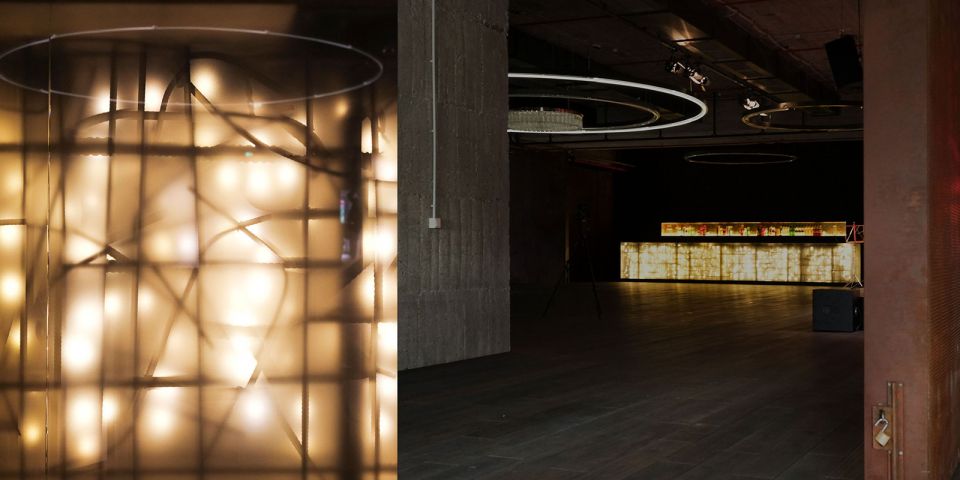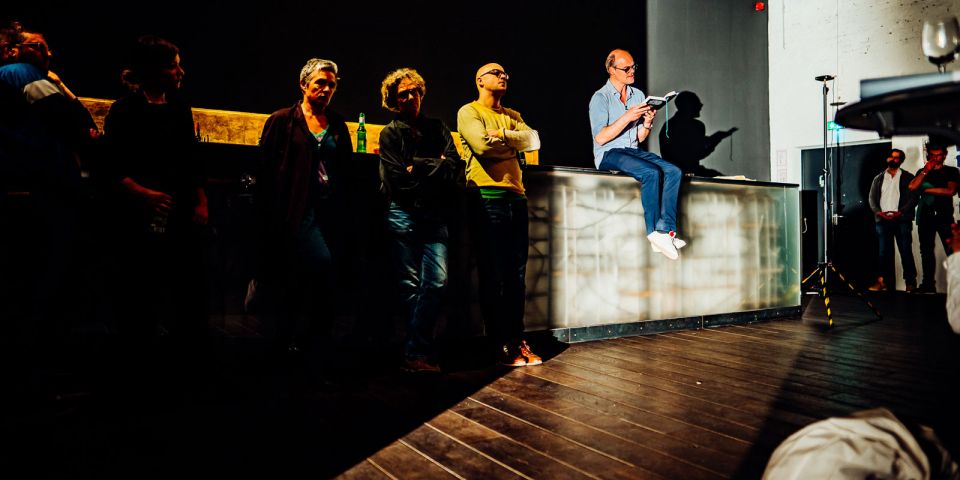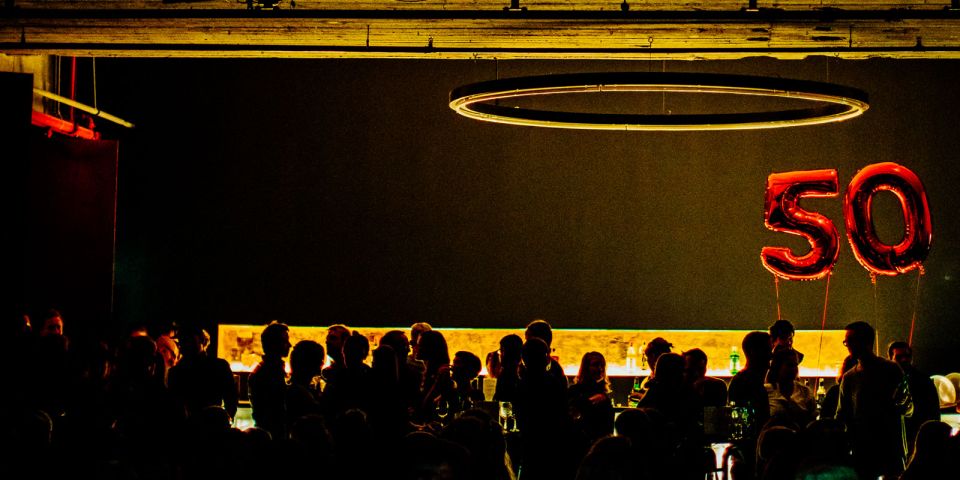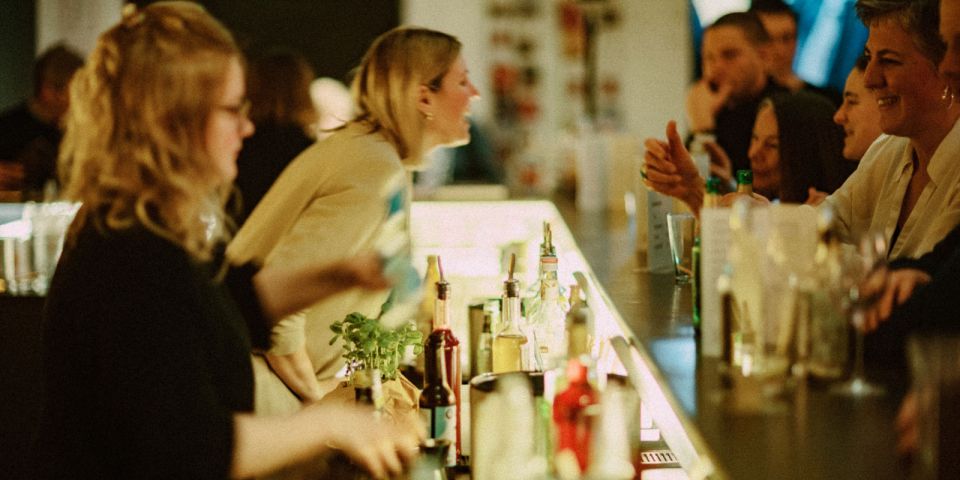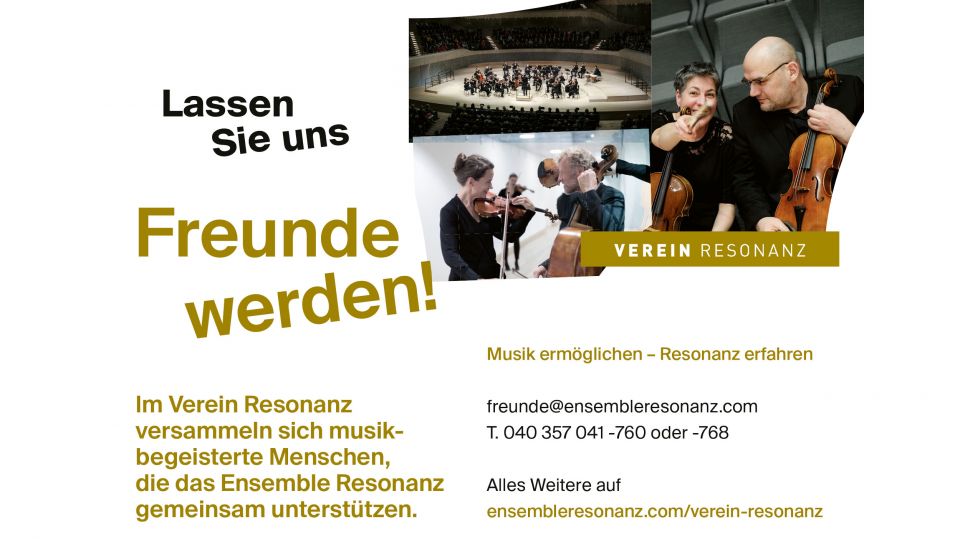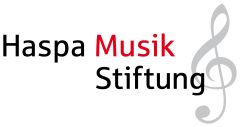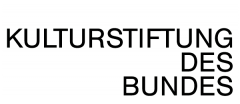our space
Ever since its opening in 2014 the resonanzraum has established itself as a unique space offering new impulses for a young and urban audience in the midst of the vital and subversive scene of St. Pauli. As Europe's first club with excellent acoustics for classical music, our space welcomes everybody with an architecture built to foster encounters and resonance. Here, musicians and listeners, art and life, concerts and communities are brought into dialogue. The resonanzraum fills a gap in Hamburg's cultural landscape and offers itself as a home to new audiences of classical music.
The resonanzraum is home and playing field for Ensemble Resonanz, one of Europe's best chamber orchestras. The ensemble's musicians use the space to open up their work for participation by audiences from the quarter and all over the city. The urban string-series takes place on a monthly basis and opens up new ways of presenting classical music in collaboration with local DJs. Educational formats accompanying the resonanzen-series turn the resonanzraum into an echo-chamber of shared curiousity between the ensemble and its listeners.
Besides the Ensemble's activities many other innovative event-formats contribute to the resonanzraum's diverse programme. Our space offers an ideal stage to international artists and promoters to try out and present new formats and unconventional programs. Classical club concerts - since 2014!
history & construction
The bunker on St. Pauli's Feldstraße is the highest bunker in Hamburg and with its height of 39 meters also one of the largest overground bunkers in all of Europe. It was built by the Nazi-Regime in 1942 as a propagandist building to serve military purposes and provide shelter to the quarters inhabitants. More than 25.000 civilians sought shelter here during the summer of 1943.
Today a multitude of instituations, initiatives, clubs and other tenants make use of the building. This diverse neighbourhood is the perfect surrounding for a concert hall, prividing constant inspiration and enabling multiple synergies. The bunker is located in the heart of urban life and enriches the cultural and social landscape of St. Pauli.
The room's design was carried out by professor Friedrich's team at pfp architects. The construction was financed by a private board of donors and the city of Hamburg among with foundations and corporations. After the lease had been signed in early 2014 the former printing plant was transformed into its current form.
Huge rotating iron walls allow for flexible modification of the room's acoustics and help to facilitate a huge variety of events. The open concrete walls hint at the buildings past while the big, lighted bar, wooden floors and an open layout turn the room into an inviting space for encounters. According to professor Friedrich, »authenticity, minimalism and reduction« where the architect's key concerns. The lighting concept was also developed specifically for the room and is an integral part of its artistic design: a chandelier made from 270 plastic bottles is placed at the center of several illuminated rings and confronts the rooms angular shape with organic forms. An allusion to old concert halls in a contemporary interpretation.
our bar
The resonanzraum bar is the room's centerpiece and run by Ensemble Resonanz itself. It offers a changing selection of drinks developed by the musicians which ranges from homemade lemonades to wines, local beers and laphroaig. If there's anything special you'd like, just let the bar crew know. All revenue from the bar goes straight towards funding the Ensemble and its projects. Cheers!
the menue (148.84 KBytes)
our label
With its excellent acoustics and club atmosphere the resonanzraum has become home to a new urban audience for classical music and evolved into a space for new formats and ideas. In 2017, the room was complemented with its own label: resonanzraum records.The label presents productions closely tied to the resonanzraum and transporting its unique atmosphere to audiences everywhere.
The first production was released in 2017 and presented Ensemble Resonanz' own version of Bach's famous »weihnachtsoratorium« in an urban chamber version conceptualized, performed and recorded at the resonanzraum. »Tenebre«, the second production from 2019, compiled works for string ensemble by the american composer Bryce Dessner and earned the Ensemble Resonanz an Opus Klassik in 2020.
In October of 2020 the third production was released: »mercy seat - winterreise«. This séance between the music of Franz Schubert and Nick Cave was developed in collaboration with Ensemble Resonanz' longtime artistic partner Charly Hübner and enhanced by a jazz trio formed by Kalle Kalima, Carlos Bica and Max Andrzejewski.
more about »mercy seat « more about »tenebre« more about »weihnachtsoratorium«
our network
thank you!
The resonanzraum could only become a reality thanks to the support of a multitude of people and institutions. The planning of the space was realized with great dedication by the team at pfp architects. A private board of donors laid the financial foundations with determination and creative drive. We want to thank all founders form the bottom of our heart!
The city of Hamburg also supported the constructions with great enthusiasm, along with the Hermann Reemtsma foundation and many other private donors.
The room's artistic programme is facilitated in large parts by the federal cultural foundation of Germany, the Art Mentor foundation and the Körber Stiftung from Hamburg. The urban string series and educational formats are supported by further project-related donations. The Haspa with its music foundation has been a longtime partner as well as the Elisabeth and Karl-Heinz Behnke foundation.
Our supporters and partners
conatct
You want to support the resonanzraum and the Ensemble Resonanz? Then do not hesitate to get in contact:
jobs
Looking to join our small and dedicated team? Here you can find informations on current job offers:

